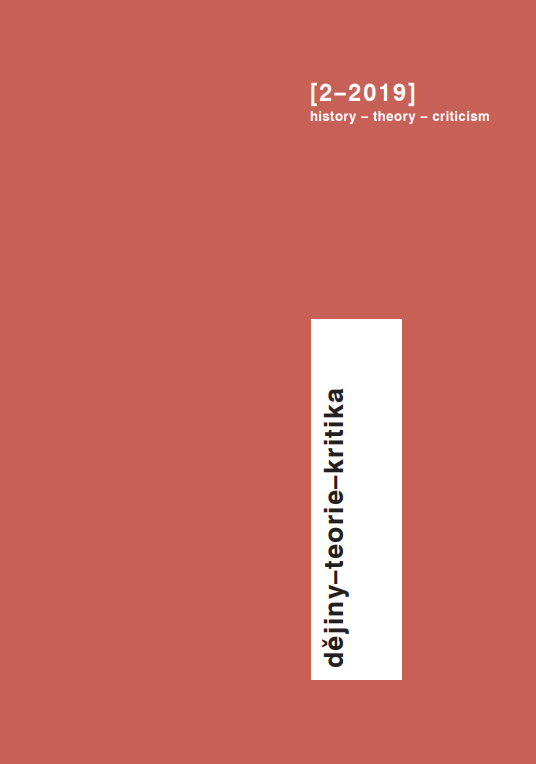The Virtue of Historicity and the Damnation of Non-Historic People
DOI:
https://doi.org/10.14712/24645370.2878Abstract
This paper explores the interrelation of historicity and non-historicity as a stable figure that has, in various ways, shaped historical thinking. This began when Augustine established Christian history as a history of redemption, continued through the Enlightenment and Hegelian universal history of progress, and can be seen in contemporary worries about the historicity of Europe and the relationship between history and memory. On the one hand, we note the relative homogeneity of this figure, while on the other hand we demonstrate how this opposing pair has been constantly reinvented from different viewpoints (religion, conscience, climate, statehood, race, openness of being) and been pragmatically adopted in support of often contradictory political aims. The study focuses on the Central European context, where relations to historicity and non-historicity have varied particularly significantly over time, and it does so primarily from the perspective of postcolonial studies.


